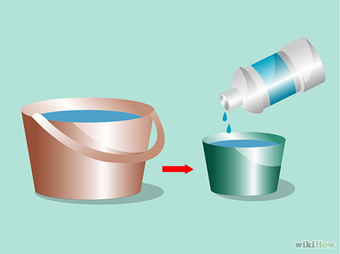Based on traditional business model especially American, they think bigger is better to produce new products due to consumerism ideology. However this approach does not work anymore for two reasons. First American and also European people are not willing to spend money on costly products or over-developed products. Second natural resources such as oil, minerals, water and trees are running out rapidly and they are becoming more and more expensive compared to the past. In addition to this, I believe the way people think about the world is changing too. We try to invent technology in sustainable way or let’s call responsible innovation.
Most of Western countries and some Asian countries succeeded to develop economically but there are still some countries mainly Africa where there are people who do not have enough food and starving due to many different factors it could be over population, pollution, disease and main cause is mostly likely no job opportunities. In order to solve this poverty issue, frugal innovation was introduced. Basically this is a bottom up approach, for example selling products really cheap so low income workers can afford. These days there are many CEOs from world well-known companies who are trying to solve this issue by applying frugal innovation. For instance, Paul Polman is the CEO from Unilever came up with an idea called Sustainable Living Plan. The goal of this strategy is to make its revenue 80 billion euros which is almost double the amount of revenue they have now at the same time halving environmental impacts by 2020. One of their innovative products is soap which kills virus faster with less water in Spain. Unilever is now trying to manufacture products which are less wasteful as well as energy efficient. Ultimately they want to achieve 4 billion consumers who are served socially and environmentally responsible way.
Furthermore, the CEO from Pearson John Fallon is also working on frugal innovation in area of education. His goal is to improve learning process with higher efficacy. Pearson’s business model has changed from selling books to selling digital educational services. I realized that even in Erasmus University Pearson is doing their business. For example when I took a weekly online test for mathematics, the developer of the software was Pearson. Instead of using books, implementing digital education saves trees and more efficient. Of course books are helpful but if there are more ways to fasten learning process we should try to use them as well.
